Related Research Articles
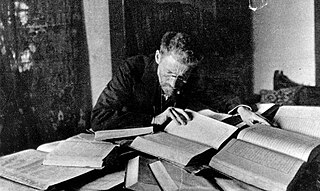
Israeli literature is literature written in the State of Israel by Israelis. Most works classed as Israeli literature are written in the Hebrew language, although some Israeli authors write in Yiddish, English, Arabic and Russian.

Marcus Jastrow was a German-born American Talmudic scholar and rabbi, most famously known for his authorship of the popular and comprehensive Dictionary of the Targumim, Talmud Babli, Talmud Yerushalmi and Midrashic Literature.
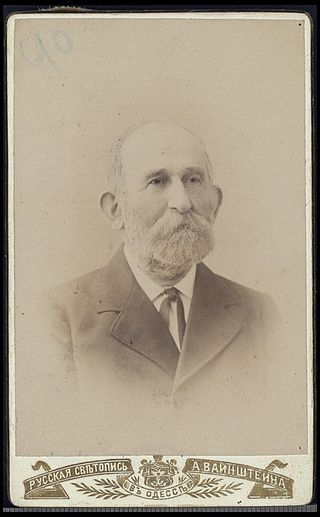
David Kohn (1838–1915) was a Russian archaeologist and Hebrew writer. He was born at Odessa and received a rabbinic education, but at the age of fourteen he took up the study of medieval literature and modern languages, and soon afterward, history and archaeology. Some of his early writings included essays on fossil animals, the life of Rabbi Solomon Bennet, the Messianic movement, and the origin of Hasidism. He also contributed to "Ha-Shiloaḥ."
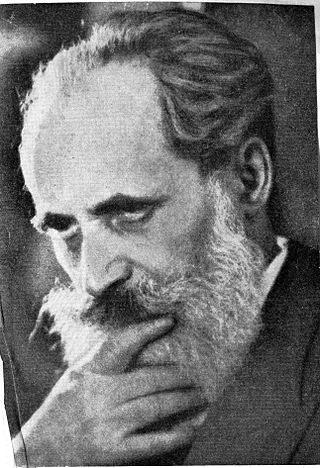
Reuben ben Mordecai Brainin was a Russian Jewish publicist, biographer and literary critic.

Moshe Leib Lilienblum was a Jewish scholar and author. He also used the pseudonym Zelophehad Bar-Hushim. Lilienbloom was one of the leaders of the early Zionist movement Hovevei Zion.

HaMelitz was the first Hebrew newspaper in the Russian Empire. It was founded by Alexander Zederbaum in Odessa in 1860.
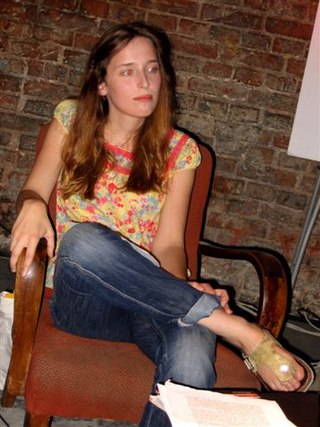
Joanna Wajs is a Polish writer, literary critic and literary translator.
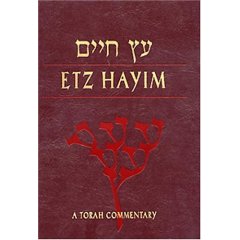
Etz Hayim: Torah and Commentary is a humash published and used by Conservative Judaism. Its production involved the collaboration of the Rabbinical Assembly, the United Synagogue of Conservative Judaism, and the Jewish Publication Society.
Abraham Baer ben Joseph Ezra Dobsewitch was a Russian Hebraist and exegete.
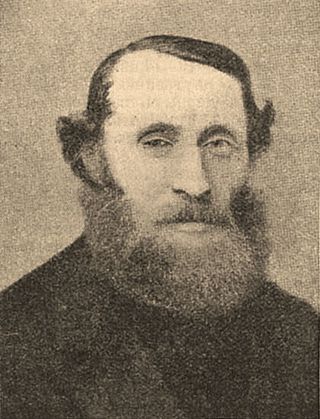
Isaac Mayer Dick was a Russian Hebraist, Yiddishist, and novelist.

Isaiah Bershadsky (1872-1908) born Isaiah Domachevitsky, was a novelist from the Russian Empire.
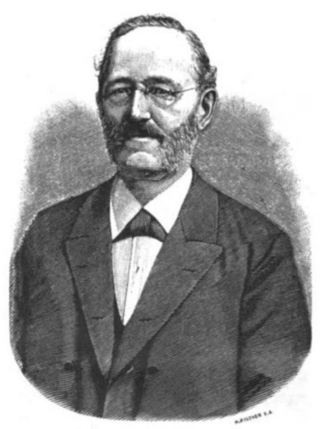
Fabius Mieses was a Galician writer, poet, and philosopher of the Haskalah. Besides numerous published books, he frequently contributed poetry and articles to various Hebrew and German periodicals.
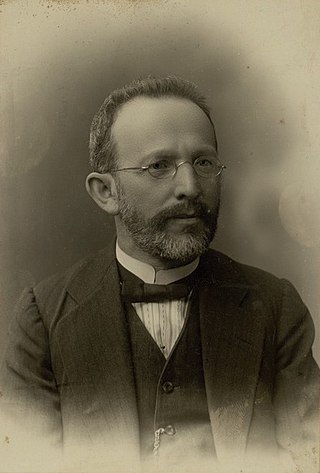
Samuel Leib Zitron, also known as S. L. Citron, was a Hebrew and Yiddish writer, historian, and literary critic. He contributed to the Yiddish press and to nearly all the Hebrew periodicals in the Diaspora over 50 years.
Judah Löb Davidovich was a Russian Hebrew writer and translator. After serving in the Imperial Russian Army, Davidovich studied surgery, but failed to find work as a feldsher. After a futile attempt to make a career as a singer, he settled in Odessa about 1885 as a private teacher. There he was influenced by Ahad Ha'am to turn his attention to Hebrew literature.
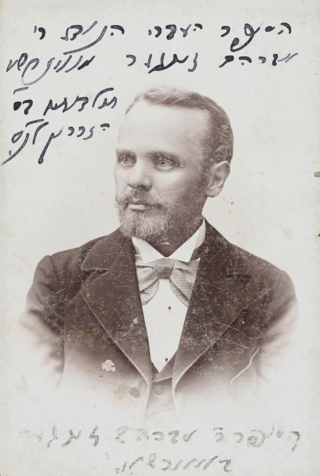
Abraham Zinger was a Russian-Jewish author, feuilletonist, and translator.
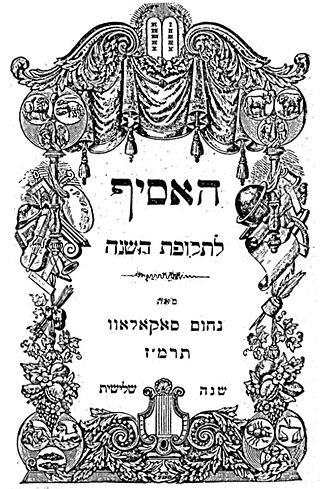
Ha-Asif was a Hebrew-language yearly journal, published in Warsaw by Naḥum Sokolow.
Isaac Jacob Weissberg was a Russian Hebrew writer and educator. He contributed articles to various Hebrew periodicals, including Ha-Melitz, Ha-Maggid, Ha-Tzfira, Ha-Shaḥar, Ha-Boker Or, Otzar ha-Sifrut, Aḥiasaf, Ha-Shiloaḥ, Ha-Goren, Ha-Pisgah, and Ha-Tikvah.
Abraham Jacob Bruck was a Russian educator, journalist, and author of works in Hebrew and in Russian.
B'nei Moshe was a Zionist organization. It was established as a secret organization in Odessa in 1889 on the day Seventh of Adar, which is considered the day of death and birth of Moses. While its originator was Yehoshua Barzillai (Eisenstadt), Ahad Ha'am was persuaded to take leadership of the organization. Its ideology was described as "cultural Zionism", as opposed to the political Zionism.
Samuel Simchowitz was a Russian rabbinical writer. He possessed a thorough rabbinical knowledge, and at the same time was well versed in modern literature. Numerous essays from his pen appeared in the Petersburger Herold. In 1866 he was invited to the Orthodox rabbinate of Vienna, but he refused this call as well as one received two years later to Warsaw. Many of his Talmudic novellæ, as well as responsa bearing on the ritual codices, are extant in manuscript. In 1894 he was a member of the great rabbinical conference held in Saint Petersburg.
References
- 1 2 3 "Luaḥ Aḥi'asaf". YIVO. Retrieved 8 October 2023.
 This article incorporates text from a publication now in the public domain : Max Raisin (1901–1906). "Ahiasaf". In Singer, Isidore; et al. (eds.). The Jewish Encyclopedia . New York: Funk & Wagnalls.
This article incorporates text from a publication now in the public domain : Max Raisin (1901–1906). "Ahiasaf". In Singer, Isidore; et al. (eds.). The Jewish Encyclopedia . New York: Funk & Wagnalls.